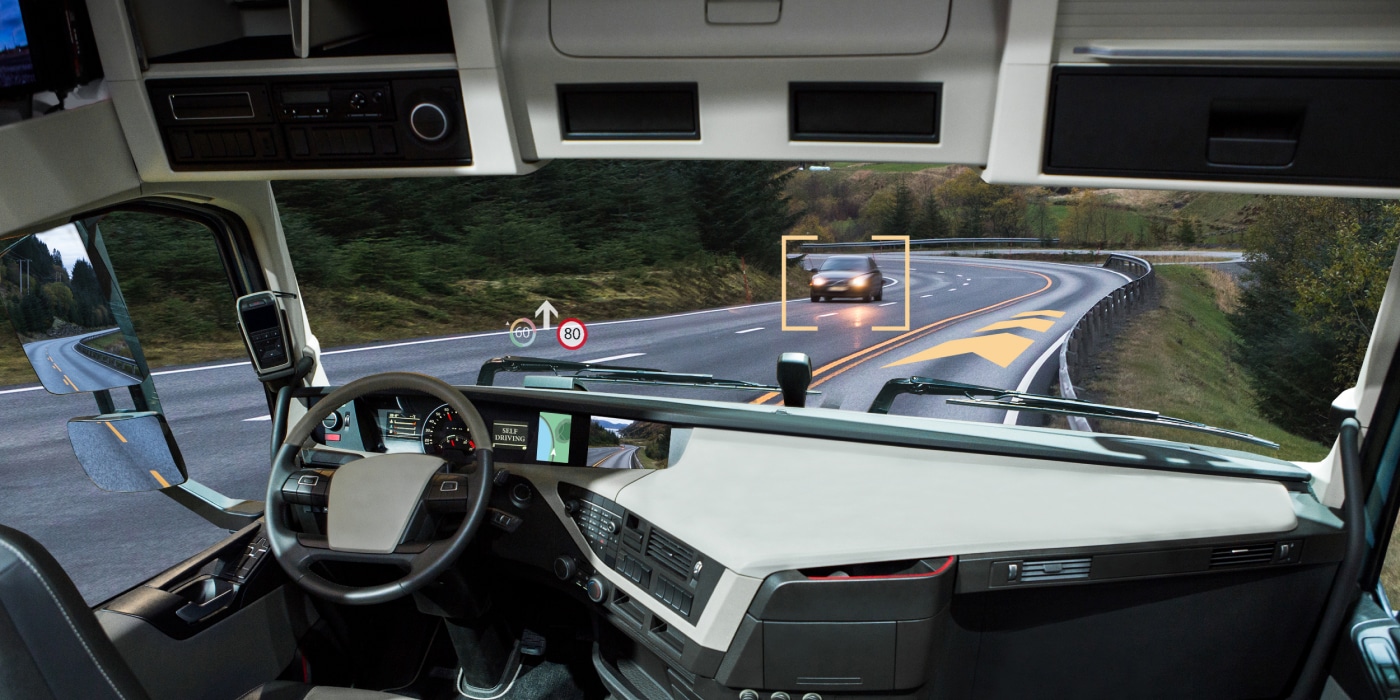How Autonomous Vehicles Are Impacting the Freight Industry
From improving efficiency and reducing costs to enhancing safety and environmental sustainability, autonomous vehicles are transforming freight logistics. These vehicles leverage technologies including advanced sensors, cameras, radar systems, and artificial intelligence to navigate roads, avoid obstacles, and make real-time decisions without human intervention.
Here’s a deeper look at some advancements in autonomous vehicles and their multifaceted impact on the freight industry.
Enhanced Efficiency
Traditional freight operations are heavily reliant on human drivers, who are subject to regulations that limit their driving hours. However, autonomous vehicles can operate 24/7 without the need for rest periods. This capability allows for continuous delivery schedules, reducing idle time and optimizing the use of resources. Autonomous trucks can leverage real-time data to determine the most efficient routes. By avoiding traffic congestion and other obstacles, these vehicles can shorten delivery times and optimize resource utilization.
Autonomous vehicles also enhance operational efficiency through streamlined processes and reduced administrative overhead. Automated systems manage scheduling, route planning, and logistics coordination, eliminating human errors and delays associated with manual operations. This efficiency improvement leads to better resource allocation and optimized delivery management. Advanced sensors can monitor the condition of critical vehicle components in real-time. By detecting potential issues early, maintenance can be promptly scheduled, reducing downtime and improving vehicle reliability.

Improved Safety
Autonomous vehicles have the potential to reduce accidents caused by human error, fatigue, and distraction, enhancing road safety. Autonomous trucks are equipped with advanced sensors and technologies such as lidar, radar, and cameras, which help them detect and react to their environment more effectively than human drivers can. Vehicles can analyze sensor data in real-time to make decisions such as lane changes, speed adjustments, and route navigation.
Autonomous trucks can maintain optimal speed and following distances, reducing the likelihood of collisions. They can navigate complex driving environments, detect obstacles, and respond to changing road conditions. Advances in sensor technology and real-time data processing continue to enhance the safety features of autonomous trucks. The widespread adoption of autonomous vehicles could lead to a significant reduction in accidents within the freight industry, protecting both the goods being transported and drivers on the road.
Cost Savings
One of the most significant cost-saving benefits of autonomous vehicles is the reduction in labor costs. Unlike traditional trucking operations that require human drivers, autonomous freight vehicles operate without the need for a driver or a support team for extended periods. This eliminates expenses related to driver wages, training, and benefits. These savings can be redirected towards other areas of the business, such as technology upgrades or expanding service offerings, driving greater profitability.
Autonomous freight vehicles are equipped with advanced technology, such as predictive analytics and adaptive cruise control, to optimize fuel efficiency. These vehicles can maintain optimal speeds, reduce acceleration and braking cycles, and choose the most fuel-efficient routes, resulting in significant fuel savings over traditional trucks. Lower fuel consumption not only reduces operating costs but also supports sustainability goals by lowering carbon emissions.

Autonomous Trucks Hitting the Roads
Companies have been rigorously testing self-driving trucks, aiming to tackle the complex challenges of highway driving, logistics coordination, and safety protocols. After years of testing, Aurora Innovation, Kodiak Robotics, and Gatik AI expect to remove safety drivers from autonomous trucks this year. The integration of autonomous vehicles into the freight industry is increasing as more companies invest in the research, development, and deployment of autonomous vehicles to deliver goods quickly and efficiently.
Gatik AI and Isuzu Motors are collaborating to mass produce Class 3-7 self-driving trucks that don’t require drivers. Isuzu is investing $30 million in Gatik to help further middle-mile autonomous driving development and autonomous middle mile delivery services. Several large investors have contributed $200 million to AI company Waabi’s latest funding round. The new funding will support deployment of fully driverless, generative AI-powered autonomous trucks in 2025. The increase in capital has Waabi planning to launch fully driverless trucks in Texas, expand driverless operations to new regions, and transform the supply chain.
As technology continues to advance and regulatory frameworks evolve, autonomous trucks are expected to become increasingly prevalent on our roads. They offer numerous opportunities for cost savings and increased efficiency across various aspects of freight delivery operations.
For more information about how our delivery management solution can help you manage your deliveries more efficiently, please contact info@bringoz.com.
